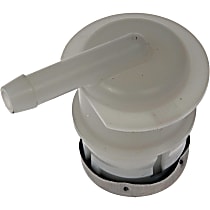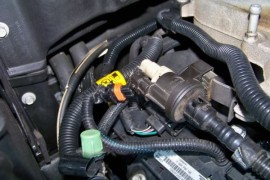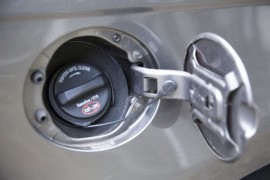{
"lazyNodes": false,
"abFitnotesFlag": false,
"abCrawlReviews": true,
"productOptionsCookie": false,
"orderDelayFlag": false,
"skipSessionCookie": false,
"covidMessage": false,
"fullTitleCookie": false,
"nrLoggerCookie": true,
"checkoutReviewCookie": false,
"productOptionSeqCookie": false,
"maintenanceFlag": false,
"bufferETACookie": false,
"multiShippingDiscountFlag": false,
"newFitmentFlag": false,
"surveyOptInFlag": true,
"crossSellFlag": false,
"skuMappingFlag": false,
"paySplitCookie": false,
"callDisableFlag": true,
"zipPaymentFlag": "c",
"hassleFreeReturn": true,
"lifetimeReplacement": true,
"cpn_off": false
}Need help?Chat with us
1991 Lincoln Town Car
1991 Lincoln Town Car Fuel Tank Vent Valves
Refine by:
Shop Catalog
Showing 1 - 1 of 1 results
Sort by:
Part Number: RB911060
Guaranteed to Fit
$26.49
Vehicle Fitment
- 1991 Lincoln Town Car Signature 8 Cyl 4.6L
- 1991 Lincoln Town Car Cypress 8 Cyl 4.6L
- 1991 Lincoln Town Car Touring Edition 8 Cyl 4.6L
- 1991 Lincoln Town Car Executive 8 Cyl 4.6L
- 1991 Lincoln Town Car Cartier 8 Cyl 4.6L
- 1991 Lincoln Town Car Base 8 Cyl 4.6L
Product Details
Notes : White color; Plastic housing material; Male terminal genderWarranty : Lifetime Dorman limited warrantyQuantity Sold : Sold individuallyProp 65 Warning :
![]() WARNING: This product can expose you to chemicals including Lead, which is known to the State of California to cause cancer and birth defects or other reproductive harm. For more information go to www.P65Warnings.ca.gov.
WARNING: This product can expose you to chemicals including Lead, which is known to the State of California to cause cancer and birth defects or other reproductive harm. For more information go to www.P65Warnings.ca.gov.
Page 1 of 1 | Showing 1 - 1 of 1 results
Popular Products

DormanOE Solutions Series Fuel Tank Vent Valve - Direct Fit, Sold individuallyManufacturer #911-060
( Reviews) Questions, Answers
DORMAN OE REPLACEMENT FUEL TANK VENT VALVES
Affordable, directly compatible and built to last, Dorman’s OE replacement fuel tank vent valves stand out as the smart option. Since 1918, Dorman Products has supplied the automotive af...
Product Questions & Answers
Q:I need the rubber grommet that the fuel tank vent valve mounts into. i cant seem to find a listing or ever mentioned anywhere. where can I find one? Show Less
A shopper
A:BEST ANSWERHi,
We suggest getting the rubber grommet locally through a local auto supply store or the dealership. Show less
Aldrin P.
5 Questions, 1 AnswerView all Q&As >
Helpful Automotive Resources
Evaporative Emission Control (EVAP) System 101: The BasicsBut that doesn’t mean you should ignore a problem with the EVAP system; on the contrary, an EVAP failure is almost guaranteed to prevent your car from passing a state emissions test. What’s more, a problem in the system increases the harmful emissions coming from your vehicle.
P0440 Code: Evaporative Emission Control System Malfunction – Large LeakThe caveat is that most vehicles set a different code for a large leak, and don’t even list a P0440 code. Some will set a P0455 or some other code. One of the vehicles that lists the P0440 is a 2007 Jeep Wrangler. Most other vehicles use another trouble code
P0442 Code: Evaporative Emission Control System Leak Detected (Small Leak)Typically, the most common symptoms you are most likely to experience if your vehicle is triggering the OBD-II trouble code P0442 would be an illuminated Check Engine Light or increased vehicle emissions.
P0441 Code: Evaporative Emission Control System Incorrect Purge FlowThis code only appears on vehicles that have a purge flow sensor or a leak detection pump. Early OBD2 Ford Rangers with non-enhanced EVAP systems simply had a small thermistor in the purge flow line that reported purge flow. Toyotas and Dodge vehicles with Leak Detection Pumps (LDP) measure system
P0457 Code: Evaporative Emission System Leak Detected (Fuel Cap Loose/Off)
Pro Tip:
Newer systems check the EVAP system for leaks. If they find no leak and then notice the fuel level has changed followed by a large








